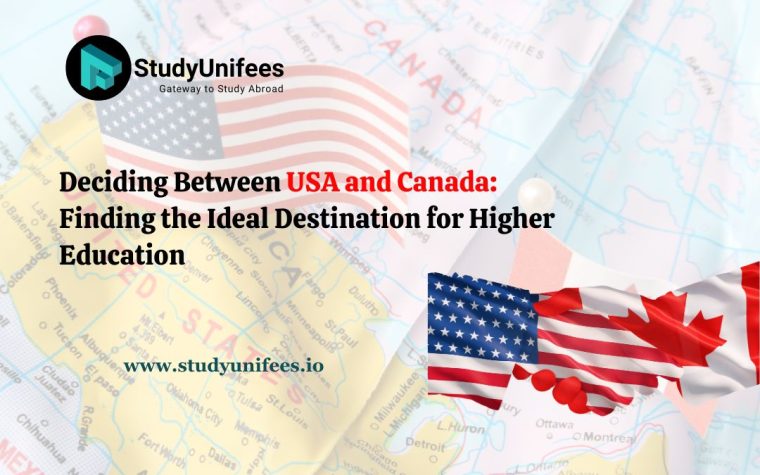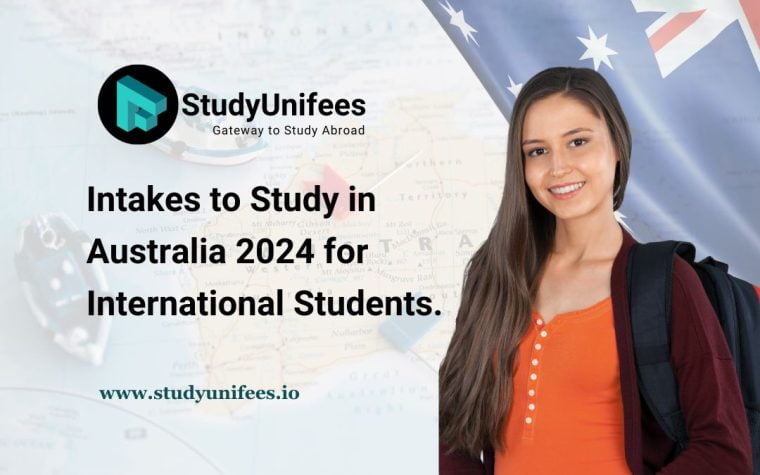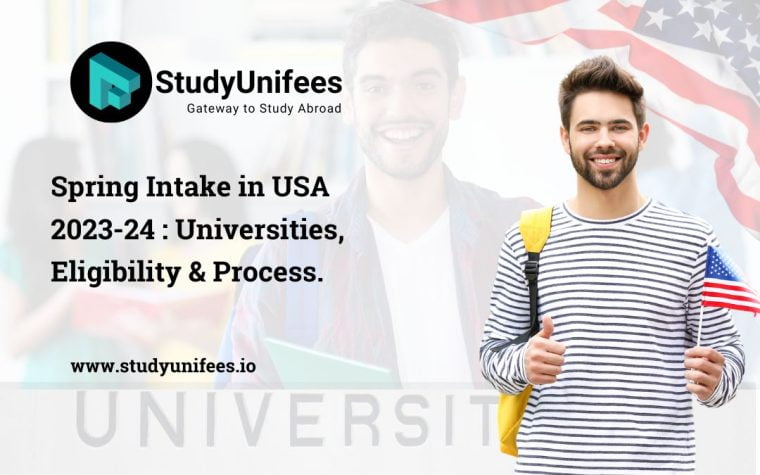Students seeking a global perspective in their education and future careers are increasingly drawn to pursuing a Masters of International Business (MIB) in Australia. This comprehensive guide explores the academic journey, admission processes, available scholarships, and the promising future prospects for those undertaking an MIB, helping them with their study-in-Australia plans.
Masters of International Business Curriculum
Core Subjects
The MIB curriculum is designed to equip students with a comprehensive understanding of international business practices, policies, and strategies. Core subjects typically include:
- Global Business Strategy: Analyzing and formulating strategies for organizations operating in the global marketplace.
- International Marketing: Examining the challenges and opportunities of marketing products and services internationally.
- Cross-Cultural Management: Understanding the nuances of managing diverse teams and navigating cultural differences.
- International Economics: Delving into the economic forces shaping international trade and investment.
- Global Supply Chain Management: Studying the complexities of managing the flow of goods and services across borders.
Elective Specializations
Students who want to study in Australia often have the flexibility to choose elective subjects based on their interests and career goals. Common specializations include:
- International Finance: Exploring financial management in a global context, including currency markets and risk management.
- Global Human Resource Management: Focusing on HR strategies for multinational corporations and talent management across cultures.
- International Business Law: Examining legal frameworks governing international business transactions and operations.
- Sustainable Business Practices: Analyzing the integration of sustainability in international business operations.
Admission Processes
Eligibility Criteria
Admission to MIB programs in Australia typically requires:
- Bachelor’s Degree: A completed undergraduate degree from a recognized institution.
- Language Proficiency: Proof of English language proficiency through tests like IELTS or TOEFL.
- GMAT/GRE Scores: Some universities may require standardized test scores, especially from non-business backgrounds.
- Work Experience (Varies): While not mandatory, some programs may prefer candidates with relevant work experience.
Application Process
This is the process if you want to study in Australia with an MIB course.
- Research Programs: Explore MIB programs offered by Australian universities, considering factors like curriculum, faculty, and industry connections.
- Prepare Required Documents: Gather academic transcripts, letters of recommendation, resume, and a compelling statement of purpose (SOP).
- Language Proficiency Test: Take an English language proficiency test if required. The minimum scores may vary by institution.
- Submit Online Application: Most universities have an online application portal where candidates can submit their applications and upload required documents.
- Interview (If Required): Some programs may conduct interviews to assess a candidate’s suitability for the program.
- Receive Admission Offer: Successful candidates receive admission offers, which may be unconditional or conditional based on certain requirements.
Scholarships for MIB Students
Australia offers a range of scholarships to support international students who want to study in Australia in MIB programs. Some notable scholarships include:
- Australia Awards: Funded by the Australian government, these scholarships aim to contribute to the development needs of Australia’s partner countries.
- Endeavour Leadership Program: Designed for high-achieving individuals, this program provides financial support for international students to undertake study, research, or professional development in Australia.
- University-specific Scholarships: Many Australian universities offer their own scholarships to attract and support international MIB students. These may cover tuition fees, living expenses, or both.
Future Prospects for MIB Graduates
Completing an MIB in Australia opens doors to diverse and lucrative career opportunities. Graduates who want to study in Australia with an MIB course can pursue roles such as:
- International Business Consultant: Advising companies on global market entry, expansion strategies, and cross-cultural business practices.
- Global Marketing Manager: Developing and implementing international marketing strategies for products and services.
- International Trade Specialist: Facilitating and managing international trade transactions for corporations or government agencies.
- Global Supply Chain Analyst: Optimizing supply chain operations for efficiency and cost-effectiveness on a global scale.
- Cross-Cultural Trainer: Preparing employees and leaders to work effectively in diverse cultural environments.
Top 10 Masters of International Business Courses in Australia
- Master of International Business – The University of Melbourne
- Entry Requirements: A recognized undergraduate degree and a competitive GMAT/GRE score.
- University Details: The University of Melbourne is consistently ranked among the top universities globally, known for its research-intensive programs.
- Master of International Business – The University of Sydney
- Entry Requirements: A completed bachelor’s degree and a satisfactory IELTS/TOEFL score.
- University Details: The University of Sydney is renowned for its strong emphasis on research and academic excellence.
- Master of International Business – Monash University
- Entry Requirements: A bachelor’s degree and a competitive GMAT/GRE score.
- University Details: Monash University is recognized for its innovative approach to education and research.
- Master of International Business – University of New South Wales (UNSW)
- Entry Requirements: A recognized undergraduate degree and a competitive GMAT/GRE score.
- University Details: UNSW is known for its focus on industry engagement and producing graduates with practical skills.
- Master of International Business – Queensland University of Technology (QUT)
- Entry Requirements: A completed bachelor’s degree and a satisfactory IELTS/TOEFL score.
- University Details: QUT is a dynamic and modern university with a strong reputation for applied research.
- Master of International Business – University of Western Australia (UWA)
- Entry Requirements: A bachelor’s degree and a competitive GMAT/GRE score.
- University Details: UWA is recognized for its commitment to global research and providing a supportive learning environment.
- Master of International Business – University of Adelaide
- Entry Requirements: A recognized undergraduate degree and a satisfactory IELTS/TOEFL score.
- University Details: The University of Adelaide is known for its research-intensive programs and commitment to fostering global perspectives.
- Master of International Business – RMIT University
- Entry Requirements: A completed bachelor’s degree and a competitive GMAT/GRE score.
- University Details: RMIT is a global university known for its emphasis on hands-on learning and industry connections.
- Master of International Business – Macquarie University
- Entry Requirements: A recognized undergraduate degree and a satisfactory IELTS/TOEFL score.
- University Details: Macquarie University is recognized for its strong focus on employability and industry engagement.
- Master of International Business – University of Technology Sydney (UTS)
- Entry Requirements: A completed bachelor’s degree and a competitive GMAT/GRE score.
- University Details: UTS is known for its practical approach to education and strong connections with industry.
Conclusion
Embarking on an MIB in Australia offers a unique blend of academic rigor, cultural diversity, and practical skills development for students who want to study in Australia with an MIB course. From navigating the admission processes to exploring scholarship opportunities and understanding the future prospects, international students can chart a course toward a rewarding and globally-oriented career. The top 10 MIB programs presented, along with their entry requirements and university details, serve as a valuable resource for prospective students seeking a transformative education experience in Australia.









